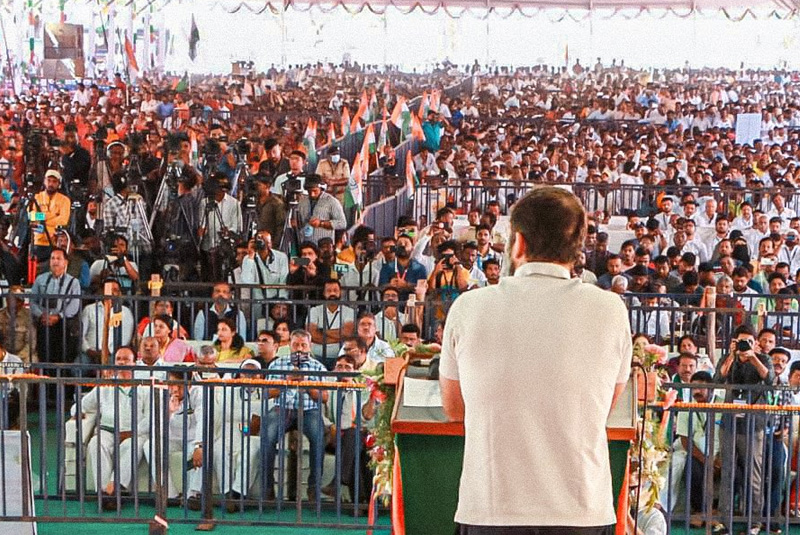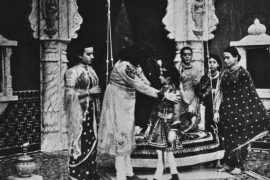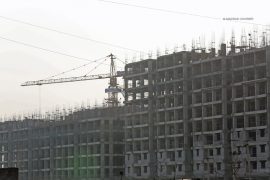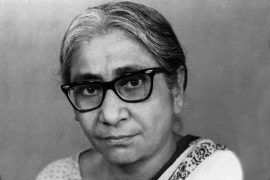The recent conviction and subsequent disqualification of Rahul Gandhi, the Congress Member of Parliament, have raised significant constitutional and legal questions in India. On March 23, 2023, Gandhi was convicted of defamation by a Chief Judicial Magistrate’s Court in Surat, Gujarat. The severity of the sentence surprised the legal community, as it was unprecedented in a defamation case. The next day, the Lok Sabha Secretariat issued a notification disqualifying Gandhi based on the conviction.
Section 8(3) of the Representation of the People Act, 1951, states that a member convicted of any offence and sentenced to imprisonment for not less than two years “shall be disqualified” from being a member of either House of Parliament. However, the provision does not say that a member “stands disqualified,” meaning automatic disqualification does not arise.
While India’s Supreme Court in Lily Thomas vs. Union of India held that Parliament cannot enact temporary exemptions in favour of sitting members of the Legislature, Article 103 of the Indian Constitution provides an exception for sitting members, stating that their disqualification shall be decided by the President. Therefore, the Constitution distinguishes between candidates and sitting members, and the temporary exemption in favour of sitting members is a reasonable requirement.
According to Article 103 of the Indian Constitution, the President of India is the authority who decides if a sitting member of the legislature is disqualified under Article 102(1), which includes disqualification on conviction and sentence under Section 8(3). The Supreme Court has held in Consumer Education and Research Society vs. Union of India (2009) that the President performs adjudicatory and declaratory functions in such cases.
Article 103 says that if a question arises as to whether a sitting member of the legislature has become subject to disqualification, the question shall be referred to the President, whose decision shall be final. But before giving his decision, the President shall refer the question to the Election Commission and shall act in accordance with the opinion of the Commission.
In other words, the disqualification can take effect under Article 103 only after the President has taken a decision. It is interesting to note that another judgment of the Supreme Court says that a presidential decision is essential before disqualification takes effect and the seat in the house is declared vacant under Article 101(3).
The Court says that vacancies contemplated in Article 101(3)(a) will arise only when the disqualification is decided upon and declared by the President under Article 103(1). Therefore, under Article 103, there cannot be an automatic disqualification of a sitting member of the legislature. The decision of the President, acting on the advice of the Election Commission, is required for the disqualification to take effect. This means that even if Rahul Gandhi’s conviction is upheld by higher courts, his disqualification from Parliament will not be automatic.
The conviction of Rahul Gandhi for defamation and the subsequent disqualification of his seat in the Lok Sabha has raised significant constitutional and legal questions. Although the severity of the sentence has surprised the legal community, it is essential to note that the disqualification does not take immediate effect.
Under Article 103 of the Indian Constitution, the President must decide on the disqualification of a sitting member of the legislature, and this decision is final. Before making a decision, the President must refer the question to the Election Commission and act in accordance with their opinion.
In conclusion, Rahul Gandhi’s disqualification raises important questions about the intersection of law and politics in India. While there may be political implications to his disqualification, it is important to ensure that the legal process is followed correctly and that justice is served. The case also underscores the need for reform in the legal system to ensure that it is fair and impartial and that the rights of all citizens are protected.
-30-
Copyright©Madras Courier, All Rights Reserved. You may share using our article tools. Please don't cut articles from madrascourier.com and redistribute by email, post to the web, mobile phone or social media.Please send in your feed back and comments to editor@madrascourier.com











